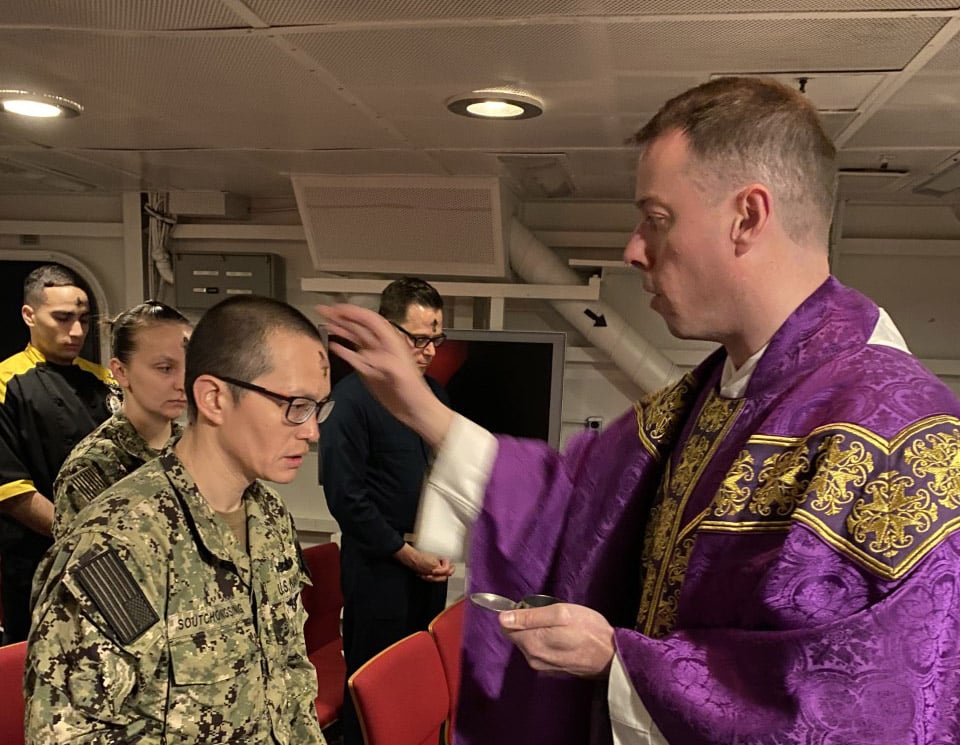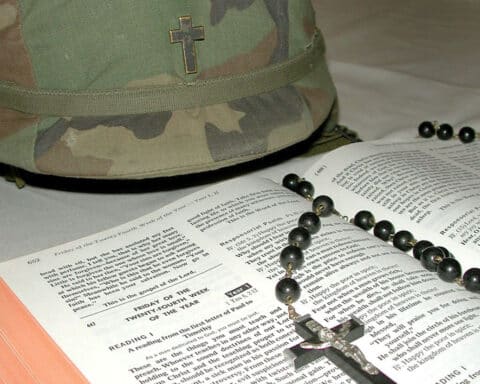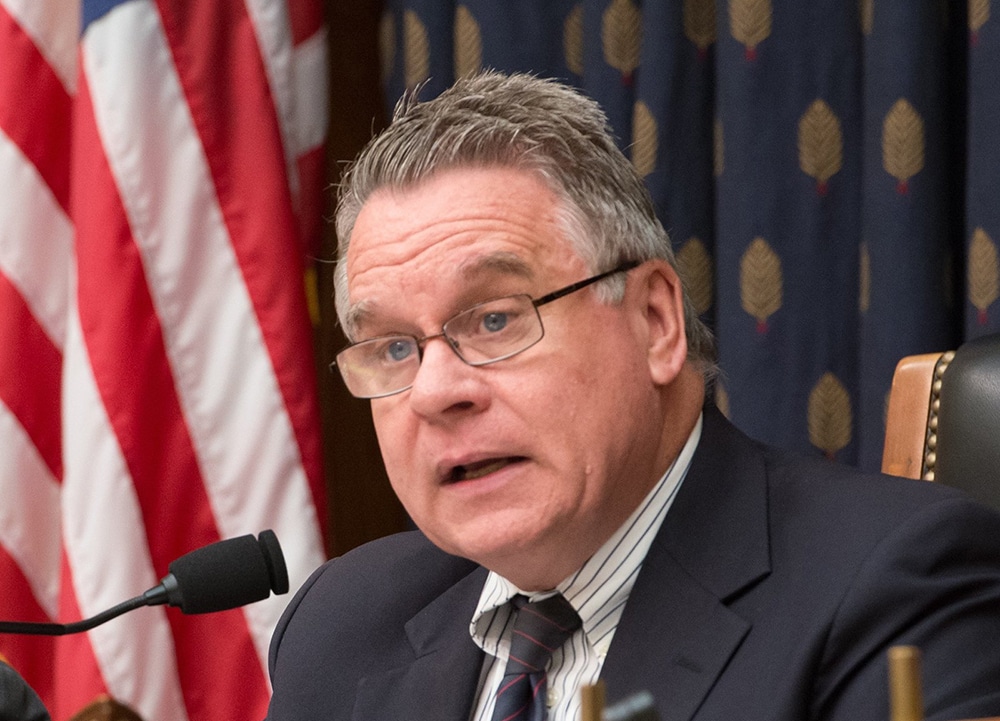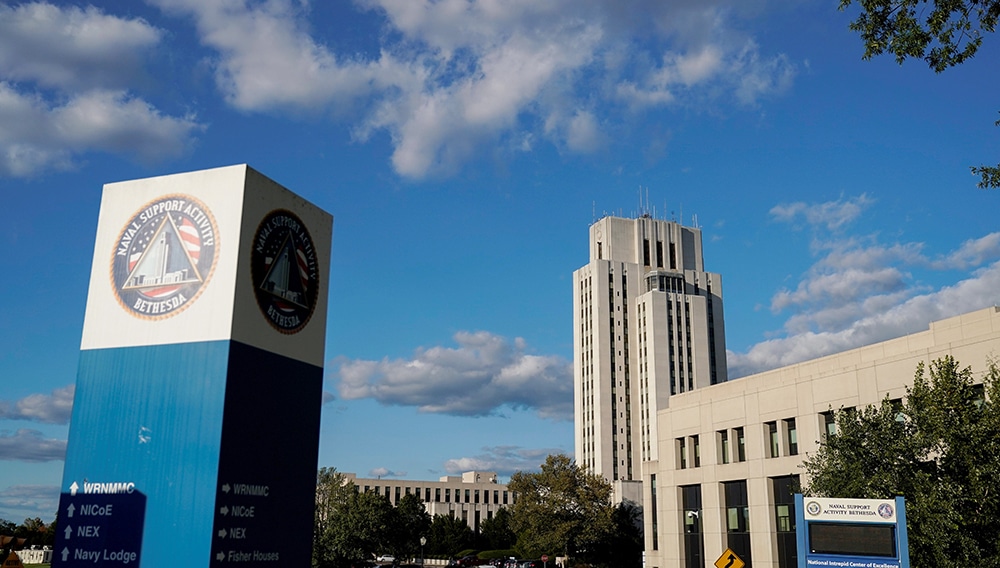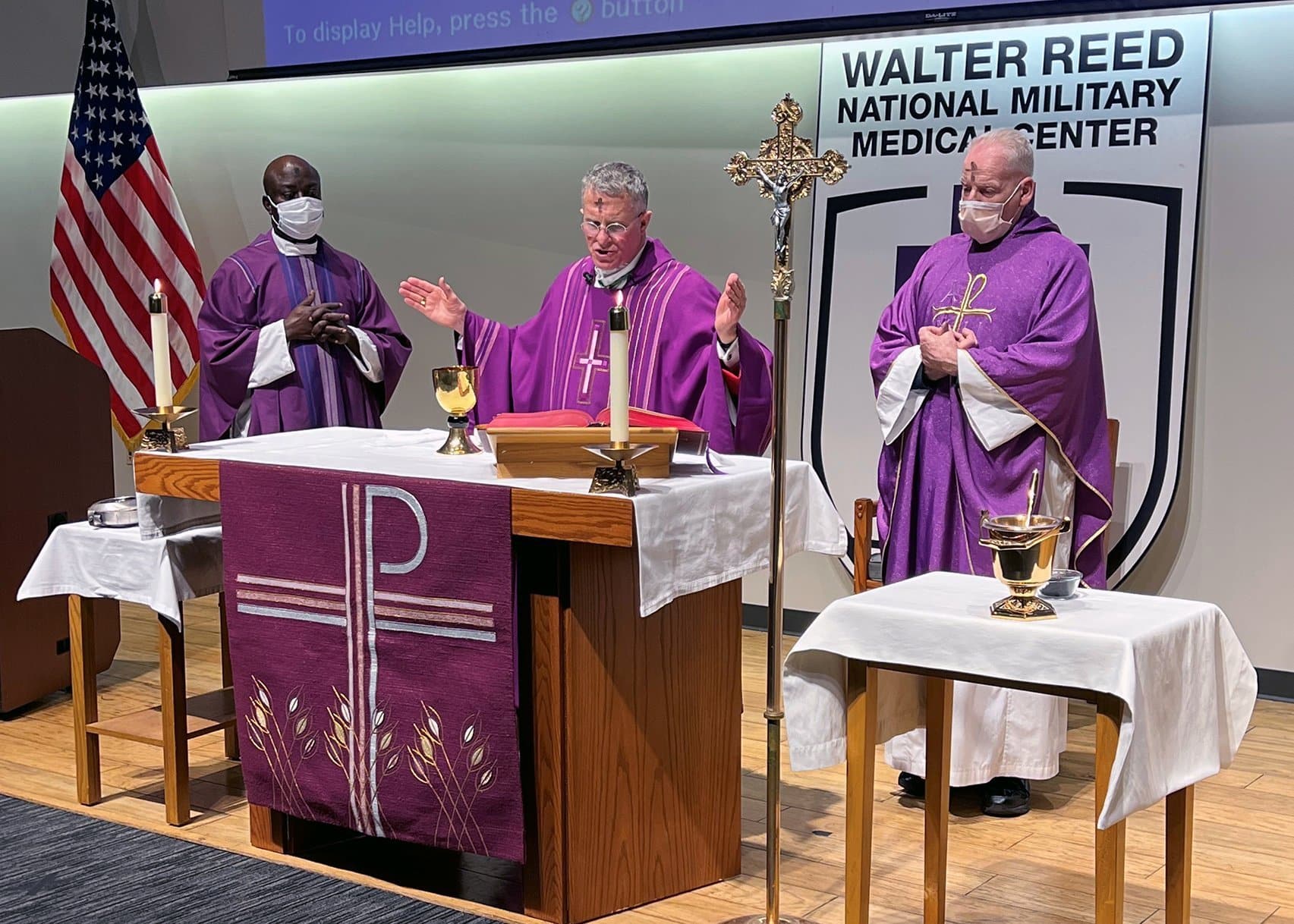Military chaplains are ministering to service members spiritually and, according to the U.S. Navy, physically, too.
“We are increasing the number of chaplains in the Navy, and suicide prevention is part of that,” Father Jim Hinkle, a chaplain in the U.S. Navy, told Our Sunday Visitor. “Overall, we’re looking to increase the spiritual readiness of the sailor.”
The 43-year-old Catholic priest made his comments following a recent Associated Press report on the U.S. Navy looking to deploy more chaplains to prevent suicide.
Chaplains, Father Hinkle said, accompany sailors in their day-to-day lives.
“That’s really where the chaplain seeks to make that connection — being with the sailor, walking with them during these difficulties and reminding them about that presence of God,” he said.
‘If we had more chaplains’
Currently, 191 Catholic U.S. Military chaplains are on active duty, according to the Archdiocese for the Military Services, which provides pastoral ministries and spiritual services to those in the U.S. Armed Forces. Of those, 43 serve in the Navy. Another 23 Catholic priests serve as chaplains in the U.S. Navy Reserve.
One of those chaplains is Father Hinkle, who currently serves as the staff chaplain at Recruit Training Command, Great Lakes, Illinois. He has, so far, spent five years ministering as a chaplain.
“We have seen a rise in suicides in the Navy, especially in the shipyard area,” he said, stressing the difficult conditions of working in that environment.
More chaplains, he said, would help.
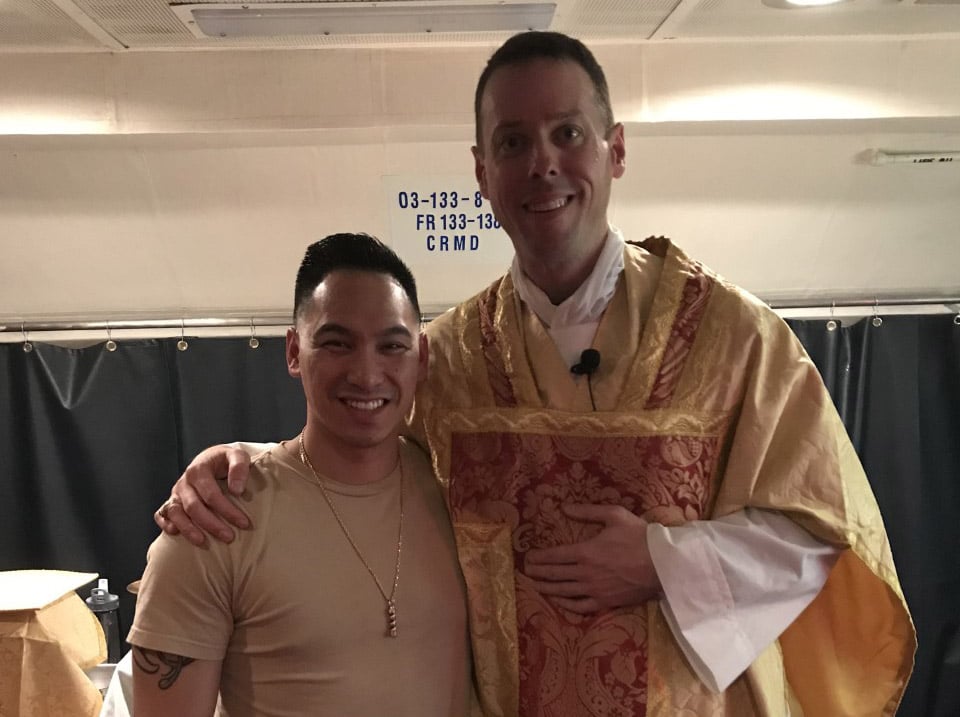
“If we had more chaplains in there to be on the deck plate with the sailors at the time of the difficulty, then we can always remind them about their connection to the Divine,” Father Hinkle said.
He described his time in the shipyard when he once served as a submarine officer.
“The submarine was doing an extended overhaul for a little bit over a year,” he said. “And when you have to shut down some of the systems — like air conditioning systems and other habitability systems — sometimes sleeping is more difficult, and you have longer hours for the sailors. And even simple things like the commute into and out of the base when you’re in the shipyard can result in longer walks from the parking lot to the actual facility.”
This impacts not only the sailor but also his or her family, Father Hinkle said.
An important ask
Father Hinkle pointed to two programs that can help sailors struggling with suicide: ASIST (Applied Suicide Intervention Skills Training) and SafeTALK (Suicide Alertness for Everyone: Tell Ask Listen and Keep Safe).
Every sailor receives training to recognize the signs of suicide, Father Hinkle said. The chaplains, he added, also work hand in hand with psychologists in the Navy.
The process to connect service members struggling with suicide with help begins with a question.
“We have to be willing to ask … ‘Are you considering suicide?'” Father Hinkle said. “If they come back with the affirmative, then we ask them the question, ‘How are you considering taking your own life?'”
“Once we have the answers to those questions, we can remove them from the devices and give them the opportunity to reach out to the chaplain for additional support, the psychologist for counseling about those particular things,” he said. “But so often, since we’re scared to ask the question in the first place, we’re not able to find the person before they take that action.”
As a chaplain, he serves Catholics and non-Catholics alike.
“While every chaplain provides for his or her own faith group, we’re also facilitators for people of other faith groups,” he said. “Every religion, every denomination on my ship knows that I have 100% complete confidentiality when they come to me, so that’s a gift that not even the medical profession can provide to them.”
A personal story
Growing up, Father Hinkle knew he wanted to join the U.S. Navy, he said. One of his grandfathers served in the Navy for 37 years, and the other was in for 34 years. His father, also, served for 34 years.
“That’s why I pursued being a submarine officer first,” he said. “Well, probably when I was 16 or 17 years of age, I realized I had a vocational calling to the priesthood.”
While he initially avoided that calling, he said, he reached out to his diocese of Arlington, Virginia, to begin the vocational discernment process after spending about six years in the Navy.
He spoke about how his faith intersected with his service today.
“We look at the sacrifice of the cross and we see that the greatest thing a person can do is offer over their own life in order to save another,” he said. “Many times, we’re not formally giving ourselves over to martyrdom, but it’s in the small ways that we preach the Gospel each and every day, by how we act, by how we are seen praying, by how we treat other people, by how we take care of other people.”
“Being able to share with the people that I work with the sacrifice of the cross, carrying the cross, and being able to do so willingly and also happily,” he said, centers him as a Navy chaplain.
He also stressed the importance of relationships with other priests and the support of the Catholic Church.
Support for chaplains
Father Hinkle also expressed gratitude for support from Catholics in general.
“I’m very fortunate that I have volunteers from across the nation that send me holy cards, rosaries, medals,” he said. “A combination of providing reading material, spiritual materials that I’m able to give to the members of the military, to the recruits, has been just invaluable to me and my ministry.”
If they are interested in sending materials to chaplains, Catholics can start by contacting the Archdiocese for the Military Services or the chapel at their local military base, Father Hinkle said.
Prayers, he said, also help.
“I also do like the idea of praying directly for the military chaplains,” he said. “Anytime the faith community can come together at a parish and pray for the members of both military and the intelligence services, it’s certainly a benefit to what we do.”
Katie Yoder is a contributing editor for Our Sunday Visitor.

